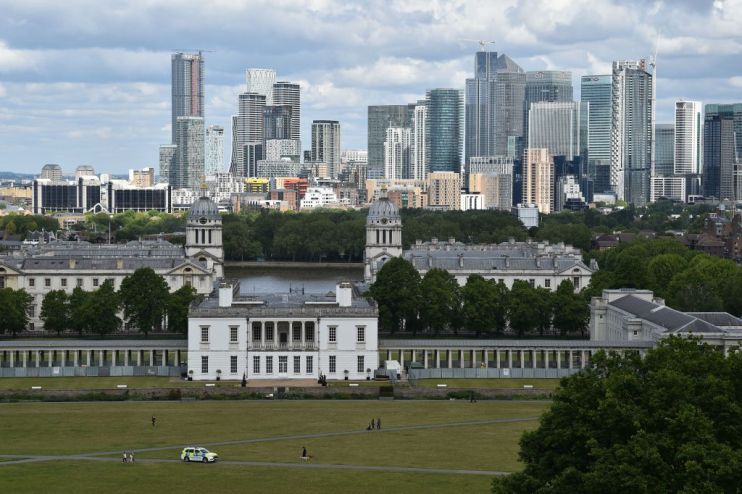FCA puts UK banks on notice on overdrafts but will not open formal inquiry

The Financial Conduct Authority (FCA) will not open a formal inquiry into overdraft charges by UK banks, but said there would be a full evaluation of lenders’ pricing next year.
In January, the financial watchdog gave banks just two weeks to explain changes to their overdraft rates which would leave around eight million consumers worse off, or face action.
Read more: FCA extends credit card payment freeze until October
Banks including HSBC, RBS, Nationwide and Santander were among those that had announced plans to charge customers a flat rate of nearly 40 per cent for overdrafts, which was more than double some of their previous charges, ahead of new rules in April.
“We have analyzed the strategic, competitive and financial drivers of banks’ overdraft pricing decisions based on their responses,” the FCA said in a statement on Wednesday.
“Having reviewed the evidence we obtained we do not intend to open a formal investigation at this stage.”
Before the Open newsletter: Start your day with the City View podcast and key market data
Hargreaves Lansdown personal finance analyst Sarah Coles criticised the FCA’s decision not to launch an inquiry, saying the regulator had “given the go-ahead for chilling overdraft hikes from the big banks”.
Coles said that the watchdog’s justification that there was sufficient competition in the market to ensure consumers could get a good deal did not tally with how people actually use their overdrafts.
“Our research shows that one in ten people faced with an unexpected expense dip into their overdraft to cover the cost. They don’t research the cost and switch bank accounts first, they dip in and pay the price,” she said.
The new FCA rules introduced in April were designed to fix a “dysfunctional” overdraft market, banning lenders from imposing fixed daily or monthly fees and from charging more for unauthorized overdrafts than for authorized overdrafts.
Most banks estimate that pricing changes would reduce their total overdraft revenue by between a quarter and a third — totalling half a billion pounds across them all — the FCA said.
“Despite banks increasing headline interest rates, the cost of borrowing will go down or remain unchanged for most people,” the watchdog said.
“We will be keeping a close watch on how prices develop, particularly during and after the coronavirus pandemic.”
In August, banks will have to publish quarterly information on their overdraft pricing for the first time, which will be scrutinised by the FCA.
The regulator will also launch a full evaluation of overdraft rules after April 2021.